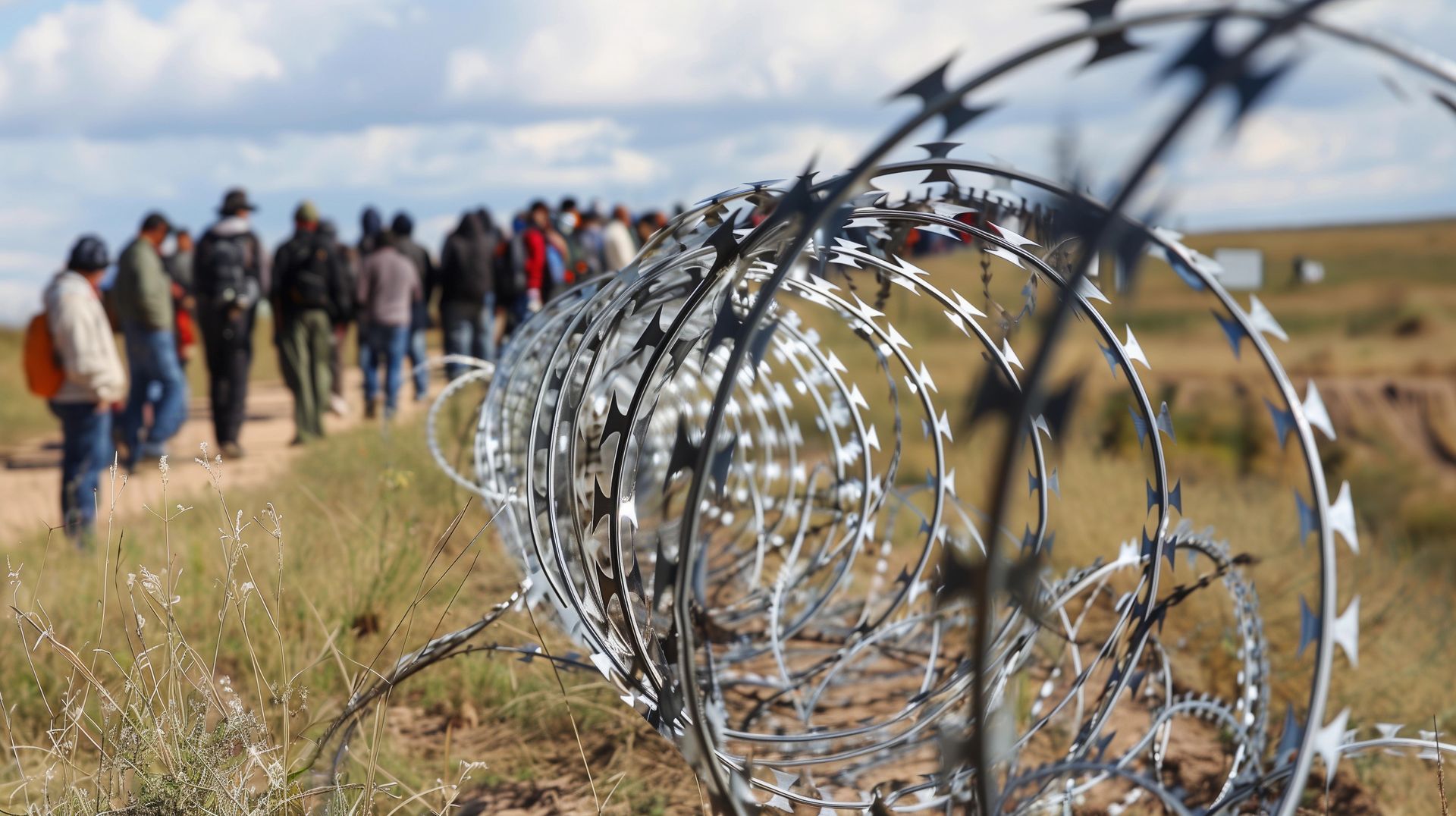The administration of President Donald Trump has taken measures to strengthen policies on the detention of migrant families, including reopening contracts with private prison companies to operate detention centers for this group.
According to reports collected by Telemundo, the U.S. Immigration and Customs Enforcement (ICE) is in the process of soliciting proposals from private prison companies to restart detention centers specifically for migrant families. This initiative aims to increase detention capacity and improve living conditions for detained migrant families.
As explained by Telemundo in one of its articles, "The governments of former President Barack Obama and the first term of Trump detained parents with their children, but former President Joe Biden ended that practice in early 2021. Under the terms of a 1997 court agreement, ICE is prohibited from holding families with children in regular detention centers, and they must be detained for less than 21 days."
Regarding the same issue, The Wall Street Journal commented, “The private prison industry, represented by companies such as GEO Group and CoreCivic, has shown active interest in these contracts. These companies are expanding their capacities and hiring additional staff in anticipation of an increase in demand for detention beds under Trump’s immigration policies. For example, GEO Group plans to increase its bed capacity from 13,500 to more than 31,000, while CoreCivic aims to expand its capacity to 25,000 beds, including the possibility of detaining families and unaccompanied minors.”
"Furthermore, it has been reported that the Trump administration is considering using defense funds to allow civilian companies to quickly expand temporary detention centers, such as those housing migrant families. This strategy seeks to increase detention capacity without the need to build new facilities." (Telemundo)
In summary, the Trump administration is strengthening migrant family detention policies by reopening contracts with private prison companies, expanding detention capacity, and using defense funds to improve and expand existing facilities. These measures aim to address the increase in the number of migrants and reinforce the government’s immigration policies.
The website Immigrants' List aptly states, “This is a prime example of Donald Trump's performative immigration policy, reflecting his desire to create a spectacle rather than address the complexities of our immigration system in a fair and humane manner. Trump is using immigration as a political theater tool to create fear, control, and division.
Moreover, Trump's family detention policy is designed to fill the pockets of private prisons, contributing to the expansion of the industrial prison complex, all at the expense of humanity and justice. By intensifying detention and deportation efforts, the Trump administration contributed to the growing reliance on private contractors to manage immigrant detention centers. This has been a key way in which for-profit prison companies like CoreCivic have benefited from the incarceration of immigrant families."
As for us, PIKES PEAK IMMIGRATION, we remain committed to fighting for immigrants' rights and helping families stay united.
Call us if you need advice on immigration matters.










Share On: